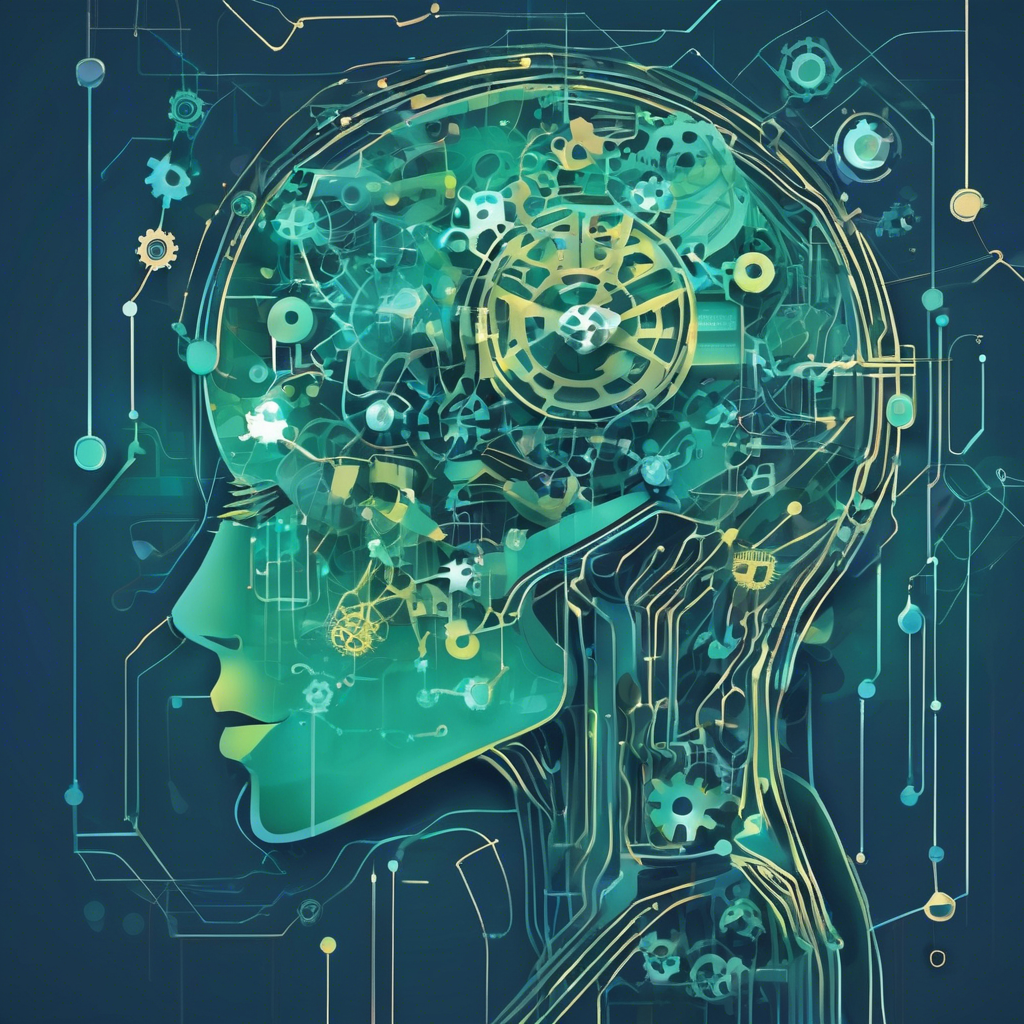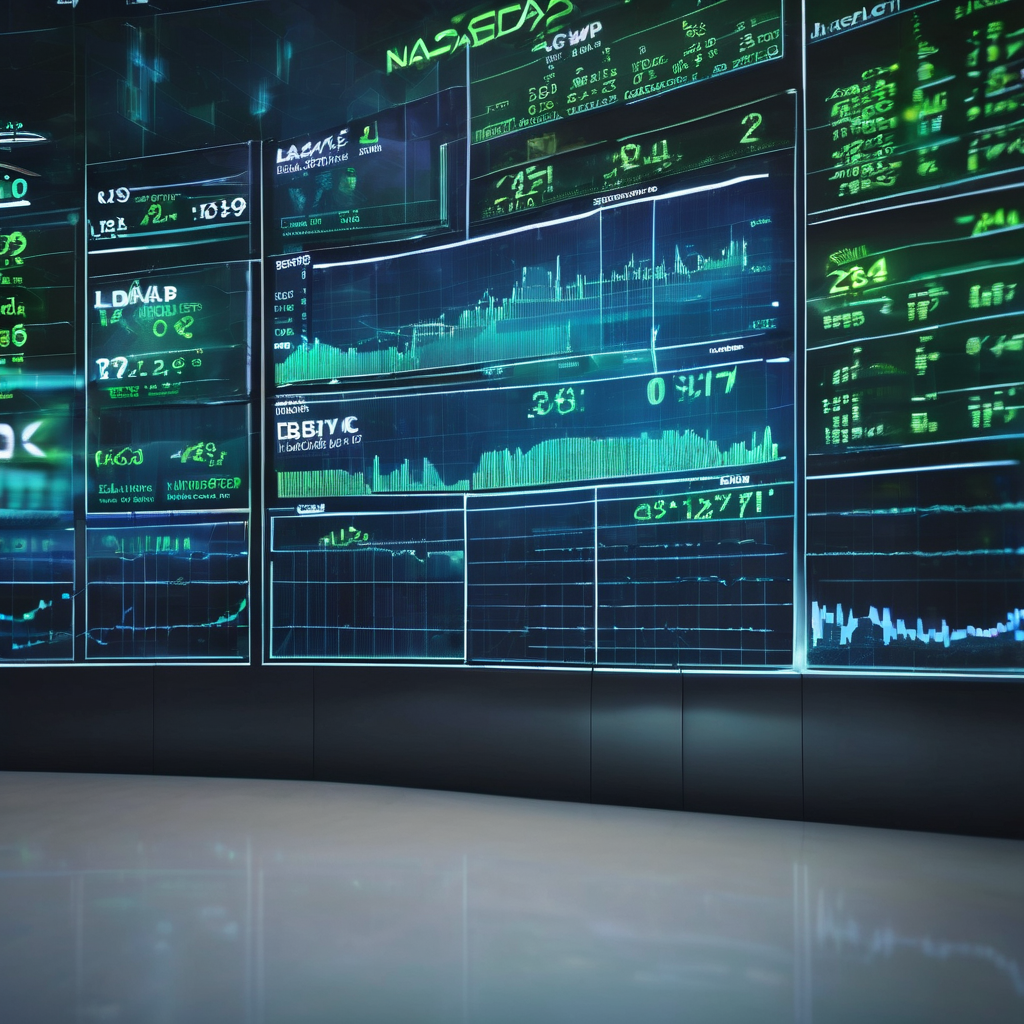
As AI becomes a standard tool in business, an important question arises: Are we still engaging in critical thinking when AI handles significant tasks?This inquiry is not merely theoretical; it impacts job satisfaction and prompts us to consider our roles—are we employed to execute tasks or to think? Researchers from Carnegie Mellon University and Microsoft Research surveyed nearly 1, 000 knowledge workers who frequently utilize AI tools, revealing changes in workplace thinking patterns. Their study focused on two main areas: when and how knowledge workers engage in critical thinking with generative AI and the factors that influence these changes in thinking. Key findings highlighted a correlation between trust in AI and critical thinking. Higher trust in AI outputs often leads to less critical evaluation. Conversely, professionals with greater self-confidence in their own skills tended to scrutinize AI-generated content more, despite the additional effort required. This presents a challenge: as AI becomes more reliable, our tendency to question its outputs may decline, particularly when oversight is crucial. Researchers identified specific motivations for critical thinking, such as the desire to enhance work quality or avoid mistakes, but also noted barriers. These included a lack of awareness regarding AI’s competence, time constraints, and difficulties in verifying AI outputs. Lev Tankelevitch from Microsoft noted that individuals might not critically review outputs for low-stakes tasks, potentially leaving them unprepared for high-stakes situations where critical skills are essential. The nature of critical thinking is evolving, with generative AI altering the dynamics in three key areas: 1.
**From information gathering to verification**: While AI efficiently fetches data, users must ensure its accuracy. 2. **From problem-solving to response adaptation**: Knowledge workers must tailor AI-generated solutions to specific contexts. 3. **From task execution to stewardship**: Workers now oversee AI-completed tasks rather than performing them directly. These shifts will influence the future of work. Organizations may need to create new oversight roles, revise performance metrics to value direction and evaluation of AI outputs, and ensure routine cognitive tasks are not overly automated at the expense of critical skill development. To foster critical thinking, future AI interfaces might need to prompt users to reflect critically rather than passively accept information. This shift could cultivate cognitive practices that engage users in evaluating AI responses. As a result, the essential skills in knowledge work are evolving. Domain expertise remains vital, but it must now coexist with abilities in AI oversight, evaluation, and integration. The transition does not signify the decline of critical thinking; rather, it marks its transformation. Success in the AI-driven workspace will depend on a harmonious balance between leveraging AI capabilities and preserving uniquely human critical thinking skills. Tankelevitch notes the importance of AI as a thought partner, enhancing productivity and decision-making, underscoring that those who succeed will be those who skillfully integrate AI while sustaining their critical thinking abilities.
The Transformation of Critical Thinking in AI-Driven Workplaces


Salesforce’s analysis of the 2025 Cyber Week shopping period reveals record global retail sales totaling $336.6 billion, marking a 7% increase from the previous year.

The rapid advancement of artificial intelligence (AI) has sparked significant debate and concern among experts, particularly about its long-term impact on humanity.

This is sponsored content; Barchart does not endorse the websites or products mentioned below.

Google's DeepMind has recently unveiled an innovative AI system called AlphaCode, representing a major leap forward in artificial intelligence and software development.

I’m closely monitoring the emergence of agentic SEO, convinced that as capabilities advance over the next few years, agents will significantly influence the industry.

Peter Lington, Area Vice President at Salesforce’s Department of War, highlights the transformative effects that advanced technologies will have on the Department of War within the next three to five years.

Sprout Social has firmly established itself as a leading player in the social media management industry by embracing advanced AI technology and forging strategic partnerships that foster innovation and enhance service offerings.
Launch your AI-powered team to automate Marketing, Sales & Growth

and get clients on autopilot — from social media and search engines. No ads needed
Begin getting your first leads today